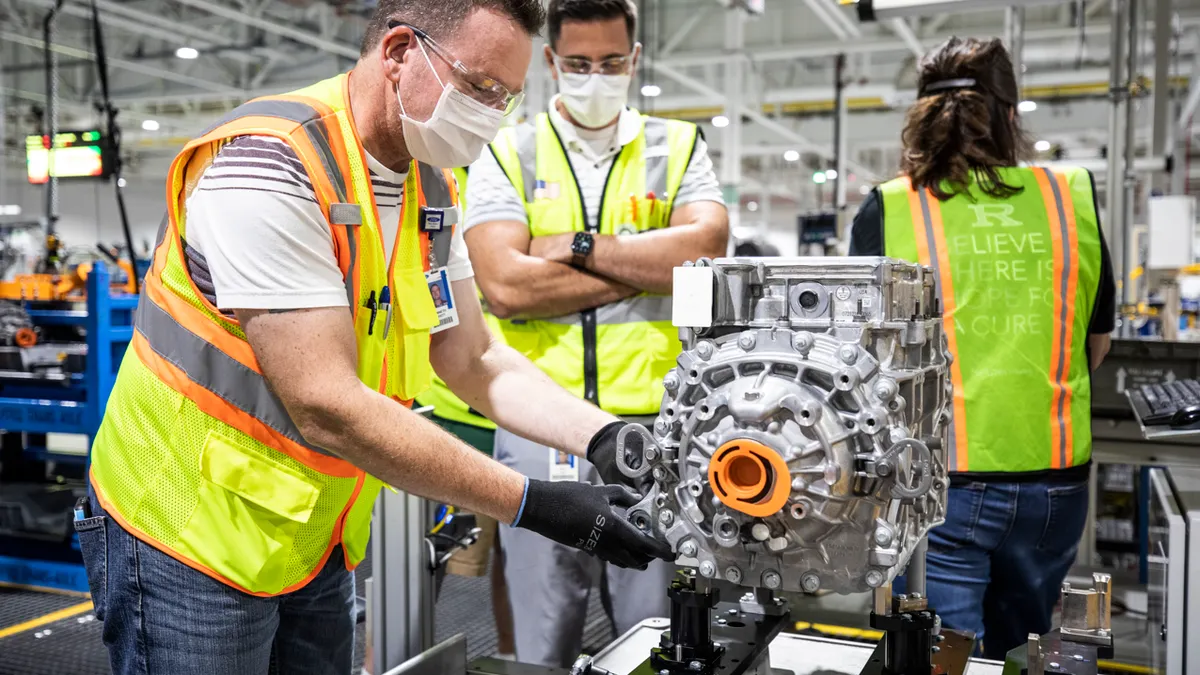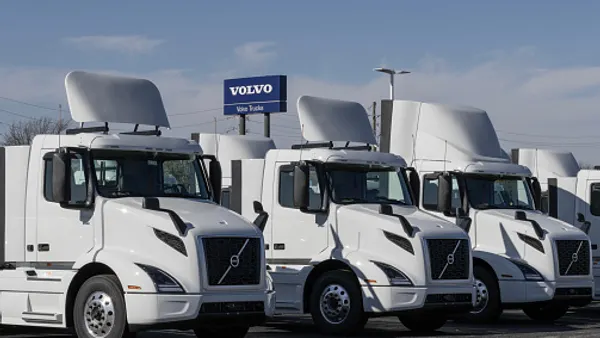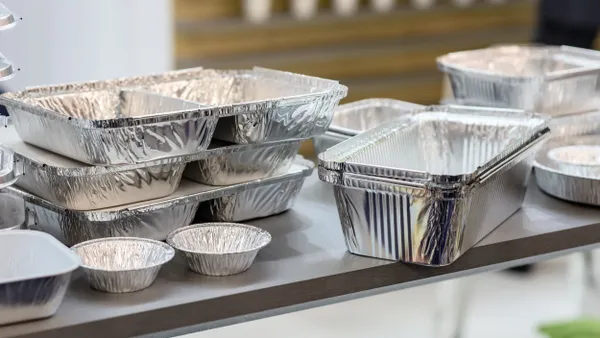While the Trump administration believes that tariffs on imported cars and parts will strengthen the U.S. automotive industry over time, a new study found that the president’s policies will lead to higher costs for domestic automakers.
An analysis by the Center for Automotive Research concluded that tariffs targeting the auto industry will raise costs for all domestic automakers by $107.7 billion in 2025. The report estimates that production cost increases for General Motors, Ford Motor Co. and Stellantis alone will total $41.9 billion.
The roughly 17.7 million vehicles produced in the U.S., as estimated in the report, will be affected by the tariffs because domestically made cars or trucks rely on imported components for final assembly. Indeed, the report found that Detroit’s Three would face greater costs from using imported parts in domestic production than from importing vehicles.
However, the report notes its higher cost projections are likely understated due to cross-border trade and the multinational nature of the automotive industry.
“[T]he modern automotive supply chain is both global and complex, convoluting the seemingly simple question of the cost of 25% tariffs on the industry,” K. Venkatesh Prasad, SVP of research and CIO at CAR, said in a statement. “[A]utomakers and their suppliers are often multinational companies with facilities spread out across the world, making it difficult to discern how much of a vehicle is domestically produced,” he said.
The share of foreign parts in vehicles built in the U.S. varies widely, ranging from 20% to as high as 91%.
“This in-depth study by the Center for Automotive Research demonstrates the significant cost a 25% tariff will have on the automotive industry,” Matt Blunt, president of the American Automotive Policy Council, said in a statement. His organization, which represents GM, Ford and Stellantis, commissioned the study.
Blunt said the AAPC, along with Ford, GM and Stellantis, intend to maintain an ongoing dialogue with the administration to achieve a shared goal of increased U.S. automotive production.
Last week, the Financial Times reported that President Trump was considering exempting automotive parts from certain sector-specific tariffs and some duties on imports from China.
The exemption, if enacted, would be separate from the 25% tariffs on imported vehicles and automotive parts.














